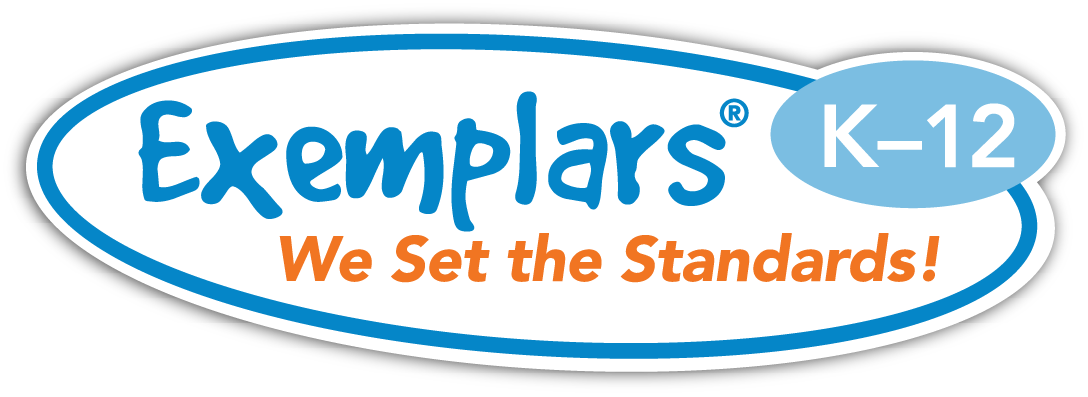What Students Need Most When the Stakes Are High
Written By: Jay Meadows, Chief Executive Officer

High stakes, end-of-year performance tasks on statewide tests have become the norm in recent years. These types of questions are designed to assess how well students can utilize their developing math skills to answer authentic—multi-step, complex problems that can be solved with a variety of strategies.
How do we prepare our students for these challenging tasks while—at the same time—ensure that we are utilizing the precious minutes in every class period and are not “teaching to the tests?” The answer lies in what we hope to accomplish in our math classrooms.
Math students in today’s changing world need to be able to calculate precisely and efficiently. Skill development remains a foundation in the math curriculum. However, students must also develop the ability to:
- utilize these computation skills as they work to solve complex problems,
- reason effectively in finding efficient solutions,
- communicate, and
- model their ideas and strategies utilizing the tools of mathematicians.
Students Need Practice
To master performance assessments, just as with any important skill, students need to practice. That practice time is only viable if the skills developed are relevant to their success outside of the classroom. In the 21st century, the skills needed for success include the ability to:
- communicate effectively,
- collaborate within teams, and
- apply critical thinking to solve complex problems in new and creative ways.
By having students practice with rigorous problem-solving performance tasks, such as Exemplars, teachers can intentionally nurture these 21st-century skills while developing the Math Process Standards NCTM has articulated as the foundation of strong mathematicians: Problem Solving, Reasoning and Proof, Communication, Connections and Representations.
Through rich problem solving, students are given the opportunities to work collaboratively in small teams, thus learning to communicate their ideas and strategies with others while listening to the explanations of their peers. Students can then bring their own ideas forward creatively, and efficiently work to solve these problems and develop persuasive arguments to explain their ideas to the whole classroom. This setting helps students develop the skills the 21st century requires. Research also shows that when schools invest in doing Exemplars performance tasks, students can achieve quantifiable gains in mathematical proficiency.

